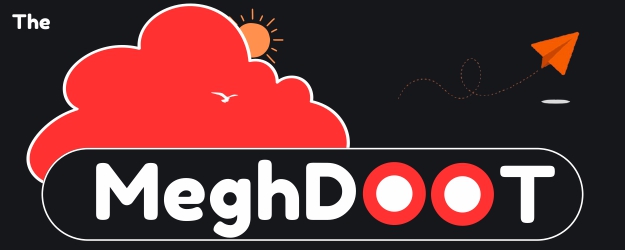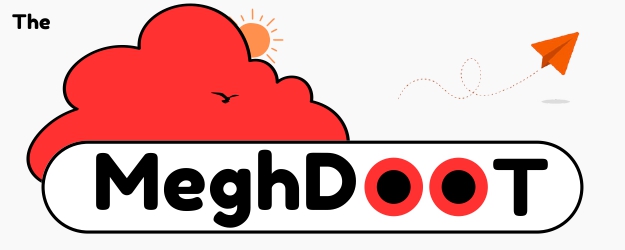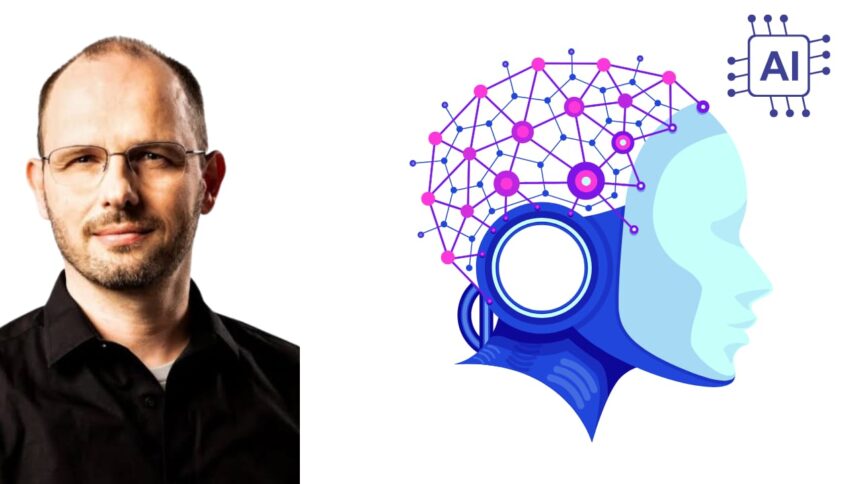GitHub CEO Thomas Dohmke has issued a strong message to startup founders: AI coding assistants cannot replace developers. Speaking at VivaTech in Paris, he emphasized that while tools like Copilot and ChatGPT make it easier to launch a startup, scaling these ventures demands skilled developers who can build complex systems.
According to Dohmke, many startups created using AI tools lack the depth and structure that attract serious investors. He stated that companies built solely through AI prompts often appear similar, raising doubts for potential backers. “Why would I invest in you instead of the 10 other people?” Dohmke quoted investors as saying. This highlights the need for startups to go beyond surface-level innovation.
AI Tools Lower Barriers but Not Challenges
At the Station F startup campus, Dohmke acknowledged that AI has dramatically lowered the barriers to entry in software development. Non-technical founders can now use natural language prompts to generate code and build products quickly. However, he warned that this approach alone creates a crowded landscape, making it hard for startups to stand out.
He pointed out that technical knowledge remains crucial, especially for building scalable systems. “A non-technical founder will find it difficult to build a startup at scale without developers because they can’t build a complex system to justify the next round,” he explained. This reality is often overlooked in the current wave of AI-driven enthusiasm.
AI Adoption Is Driven by FOMO
Dohmke noted a massive shift in AI adoption over the past two years. Initially, companies were skeptical. Now, there is widespread fear of missing out (FOMO) in the market. AI tools are seen as essential in modern development workflows. Still, Dohmke maintains that human coding skills are irreplaceable.
He also highlighted a growing trend where small teams believe they can scale to billion-dollar businesses with the help of AI agents. Some startups have as few as one or two developers, relying on tools like Copilot to accelerate progress. While exciting, this model comes with limitations if it lacks deep engineering expertise.
Early Coding Education Is the Key
Beyond startups, Dohmke is a strong advocate for introducing coding in school curriculums. In a podcast interview with EO, he said, “We should actually teach them coding in school in the same way that we teach them physics and geography and literacy and math.” His belief is that every child should learn to code, regardless of how advanced AI becomes.
He insists that knowing when to use AI and when to code manually is a vital skill. Using AI prompts for tasks you already know how to do is, in his view, a waste of time. This reinforces his broader message that continuous learning and human judgment are critical in the AI era.
Embrace AI but Keep Learning
While some developers fear job losses due to AI’s efficiency, Dohmke offers a balanced view. He admitted in a January blog post that the anxiety is understandable but remains confident that developers can adapt. “Developers have discovered how to channel the new capabilities into entire domains of innovation that didn’t exist before,” he wrote.
For seasoned programmers, his message is clear: “You got to keep rehearsing. You got to keep training. You got to keep learning. You’re never done with learning.” This mindset, according to Dohmke, is what separates future-ready engineers from those who may get left behind.
Conclusion: AI Is a Tool, Not a Replacement
Dohmke’s insights underscore a crucial point for today’s startup ecosystem. AI coding assistants are powerful tools but not replacements for skilled developers. Startups that rely solely on AI risk missing the depth, security, and innovation needed for long-term success.
Investors are looking for more than quick prototypes. They want vision, structure, and technical resilience. Dohmke’s advice is not to resist AI but to balance its power with continuous learning and human insight—a combination that leads to true innovation.







